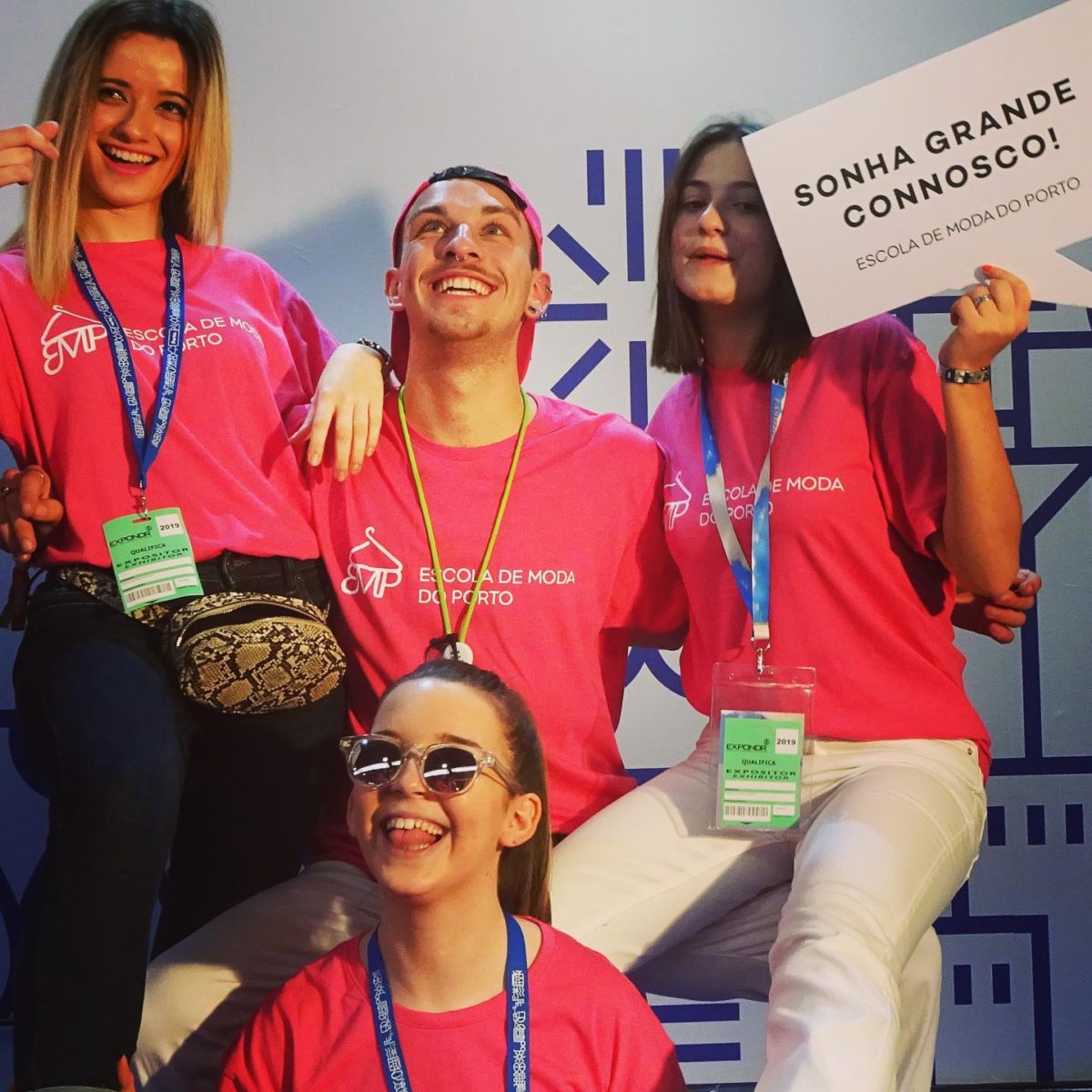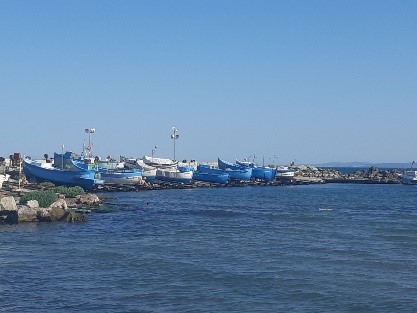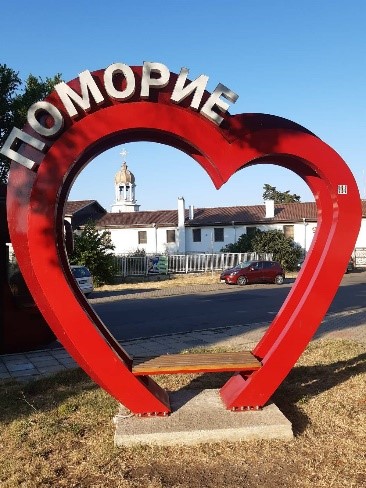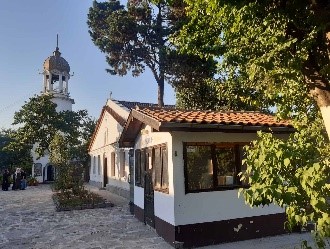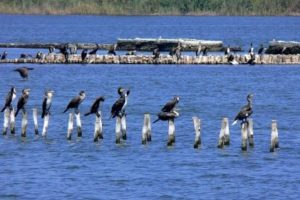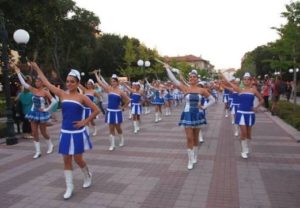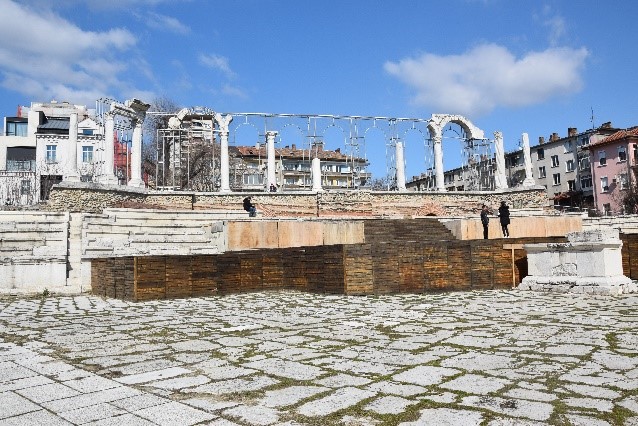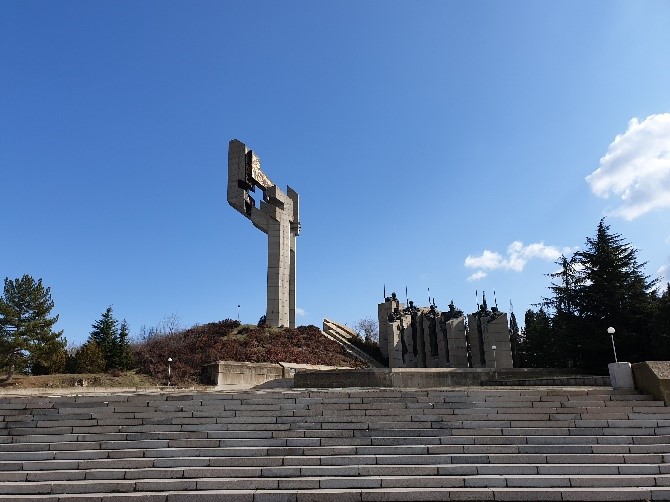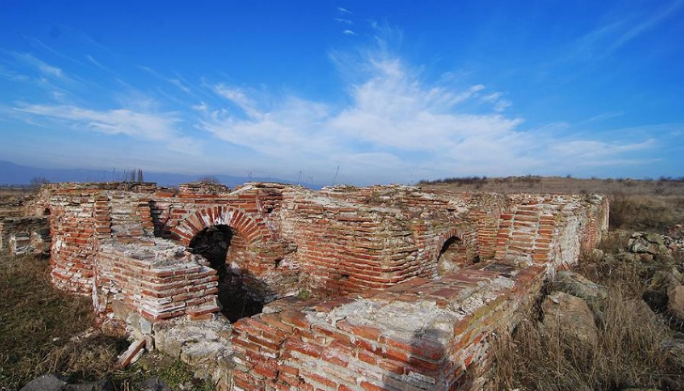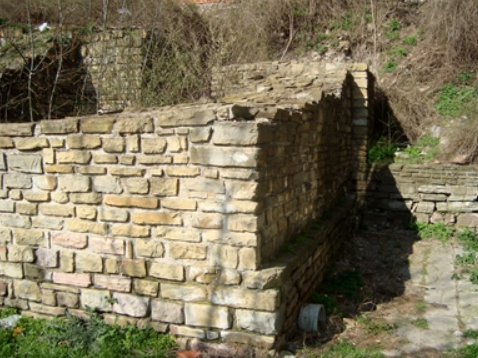The whole ENNE partnership is currently working on the implementation of the MOOC on European Mobility in VET. We would like to take you along on our journey to develop this Open Educational Resource, which will support you in managing your own mobility projects.
So what is a MOOC?
This abbreviation stands for Massive Open Online Course, a learning course on the internet for an unlimited amount of participants with an open access, so that anyone interested in a topic can learn more about it. The active participation of the learners is guaranteed through interactive activities like quizzes and games or the possibility to get into an exchange with other learners in forums.
What can you learn in our MOOC?
The aim of our MOOC is to give you a straightforward starting point into the world of European mobility projects and how to manage them. We will guide you through the whole life cycle of a project. Starting with an introduction into the Erasmus+ funding programme and an overview of involved actors, we continue with the application and project implementation until the finalisation of a mobility project. You will learn what makes a good and reliable partner and how and where to find them. We will facilitate you in establishing an internationalisation strategy for your organisation. You will be able to go through the different implementation phases of selecting beneficiaries, prepare them for their stay, monitor their learning pathway and validate what they have learned. The project cycle ends with the evaluation of the project and the reporting.
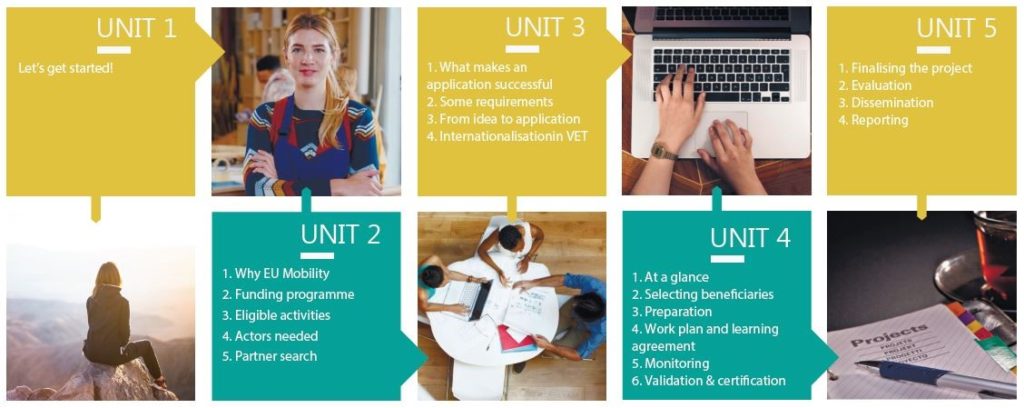
The units are structured in short text and video inputs with interactive activities in order to deepen your knowledge and foster reflecting on your own context. We will for example support you with guiding questions in formulating your project idea and by this prepare important parts for your application. Besides, you can find in the MOOC practical checklists, downloadable resources and further links. Furthermore, you will be able to exchange with other participants about your approach, experiences and views on different mobility related questions.
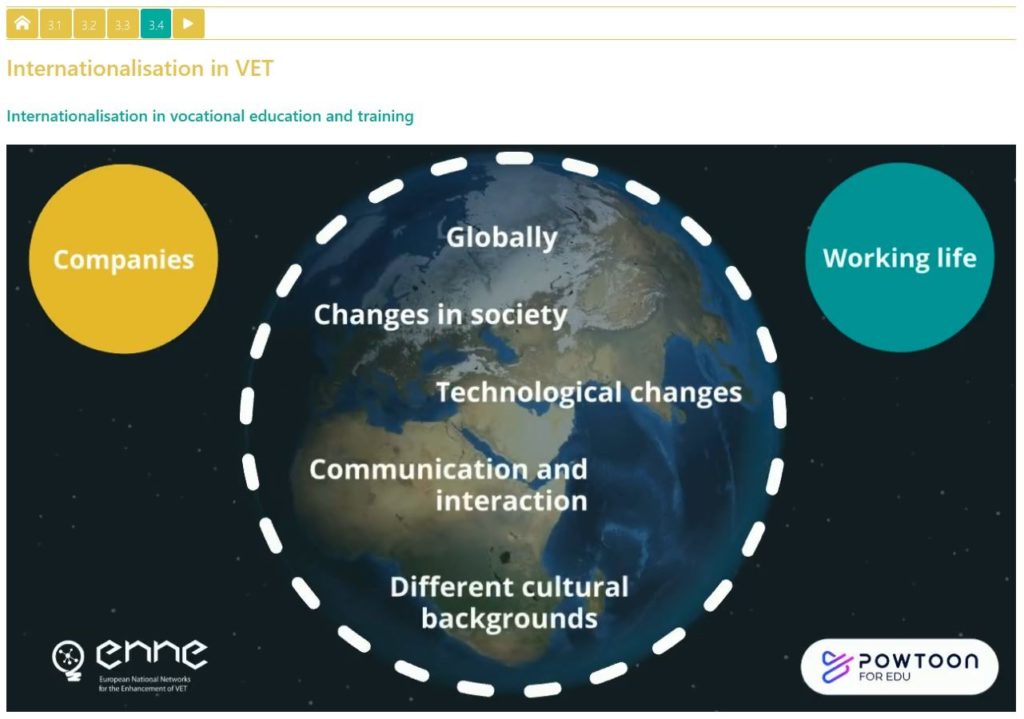
Everything starts with an idea, which in our case had already been outlined in the application for the ENNE project. Based on contents developed within the projects “European Knowledge Centre for Mobility I & II”, the German partner Wisamar developed the course structure around the life cycle of the project and drafted the contents to be included. This structure has been adapted and improved with the support of the whole partnership and their feedback in discussions and reviews. It could then be enhanced with the detailed content. To illustrate the information numerous animated and real videos were scripted before scenes could be shot, animations developed and the video materials edited.
The technical work on the MOOC is underway. The skeleton of the English version of the course is finished and most parts of the content are already included. We are currently filling the gaps and adding interactive activities in order for the course to be more practical and motivating for you. To add interactivity we are using H5P, which offers a lot of opportunities like drag and drop exercises, multiple choice, timelines or summarizing activities. Since we want to provide the MOOC in several languages, over the summer the partners started with the localisation of the contents, including the development of video material in their languages.
We are very excited and looking forward to present you the finalized MOOC very soon. We will keep you updated!
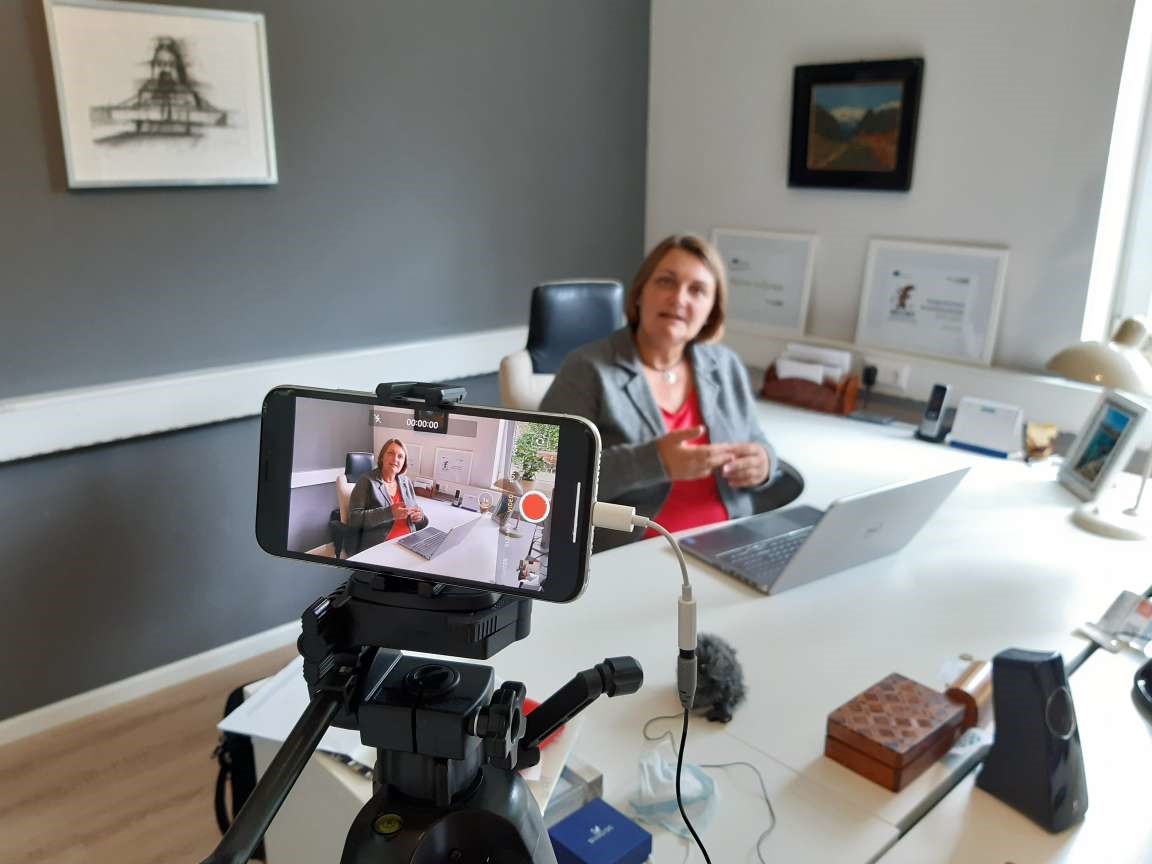

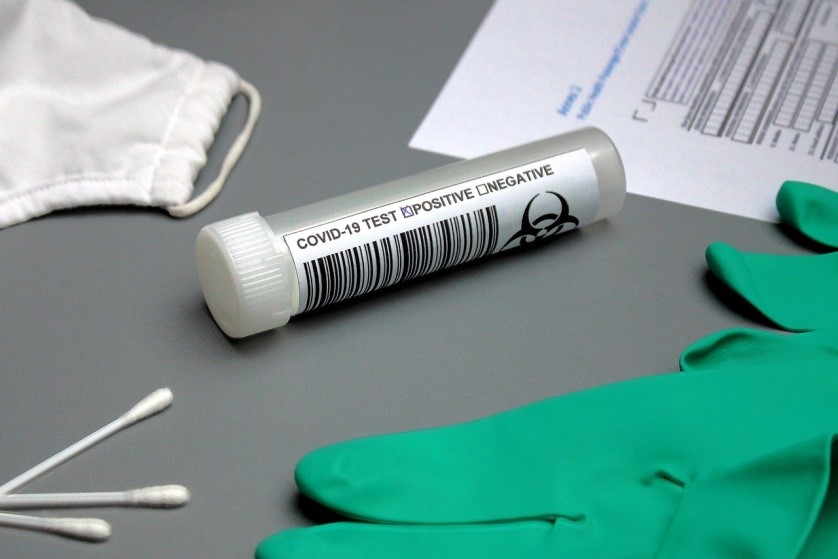
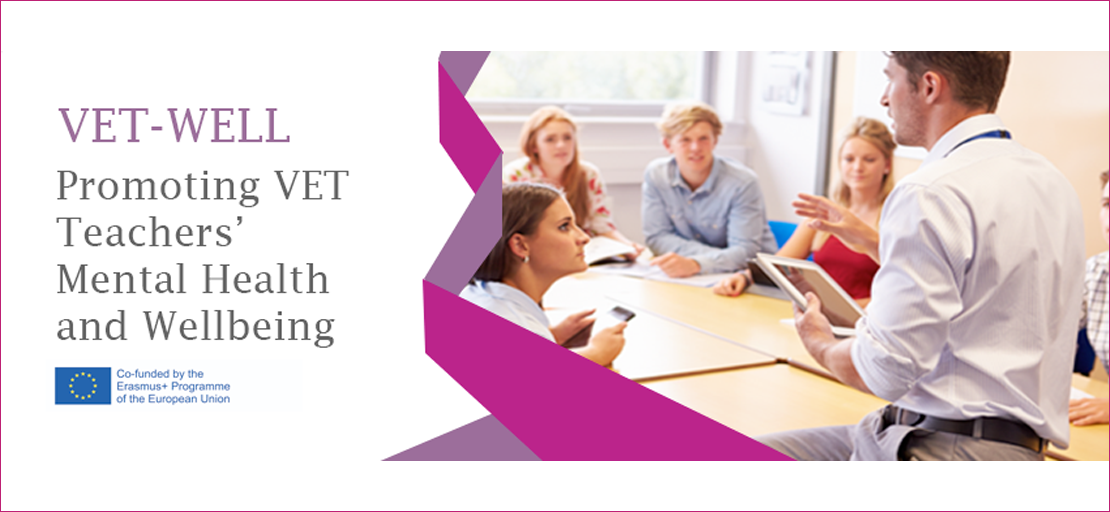

 A good example is „
A good example is „

